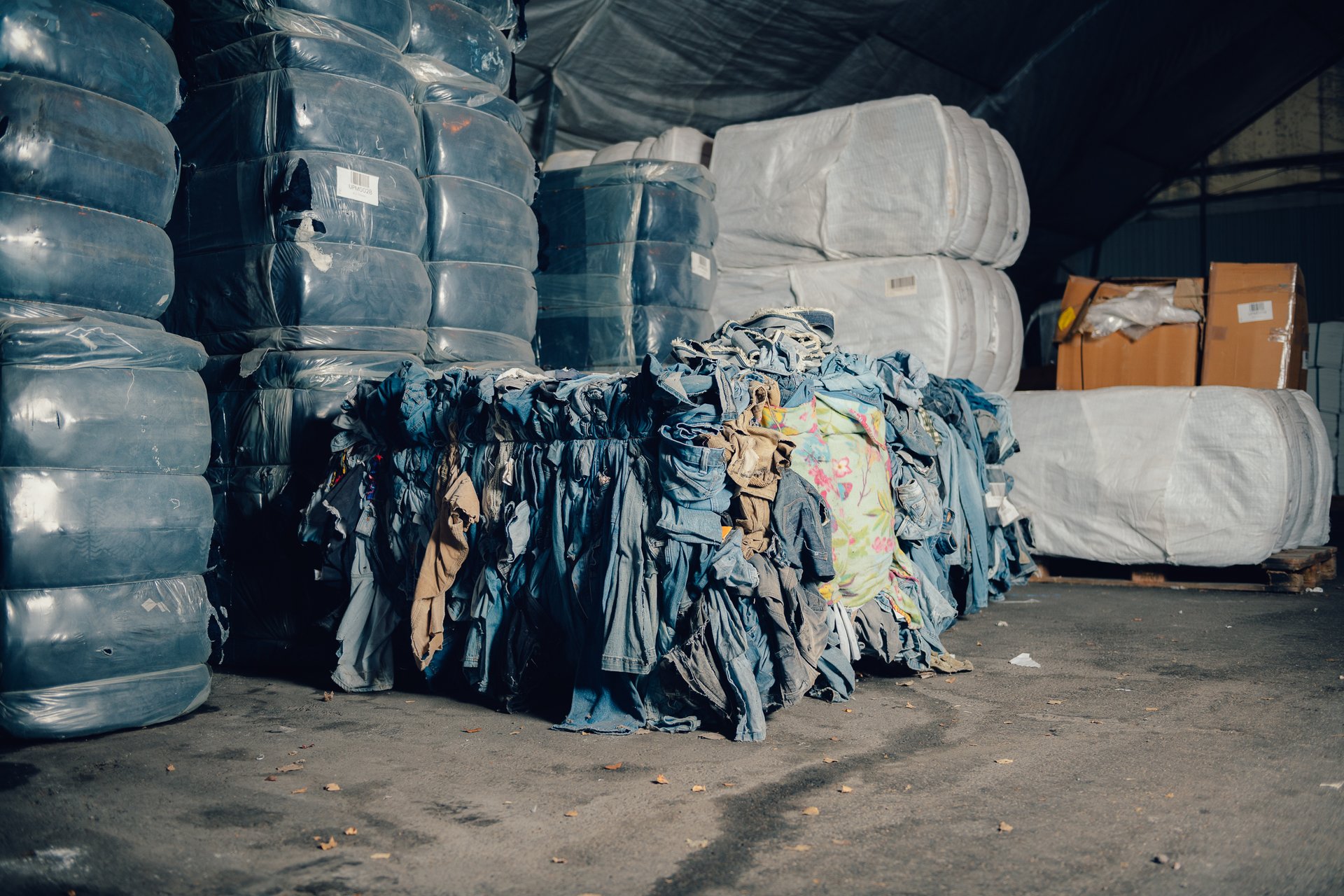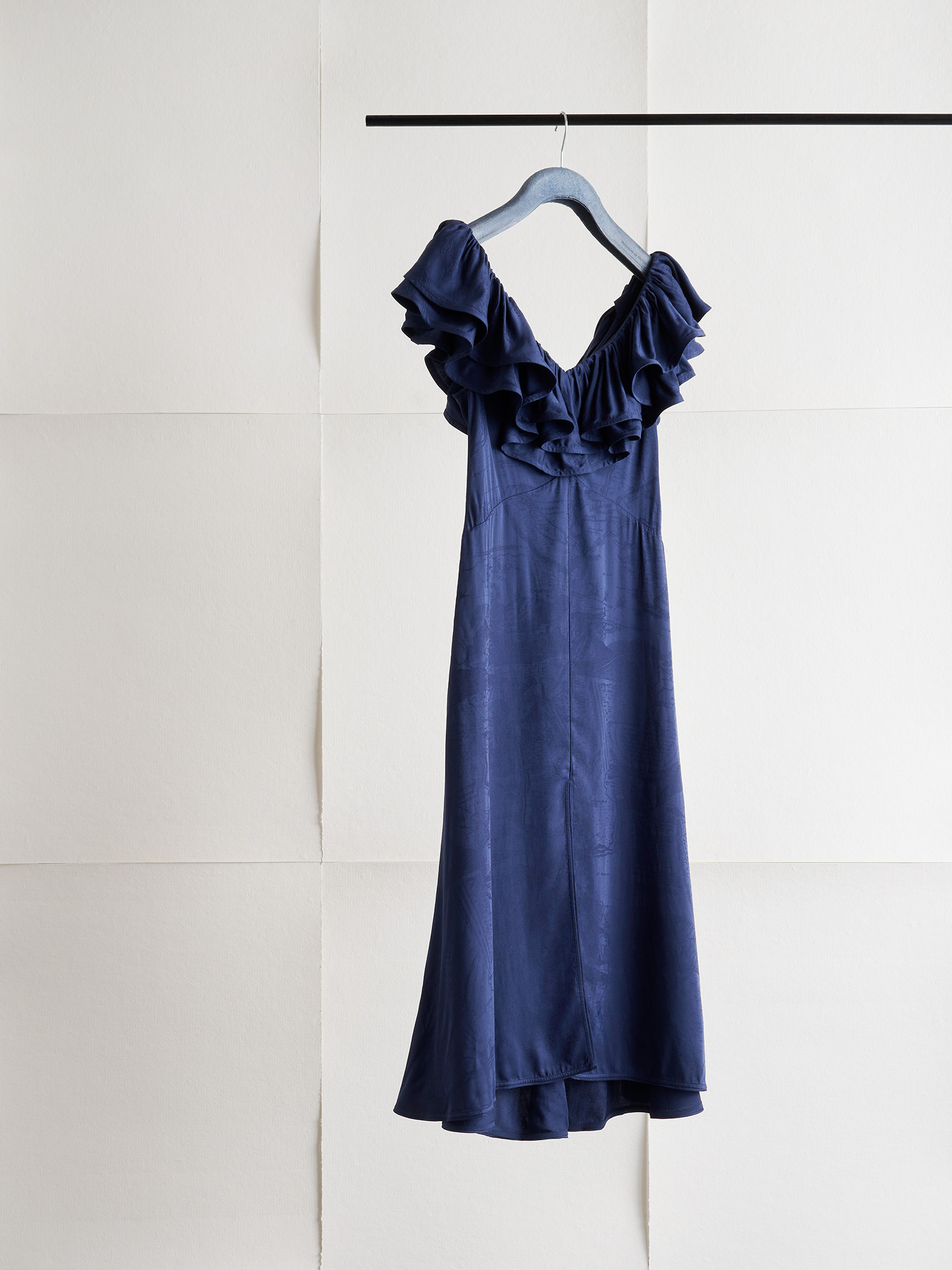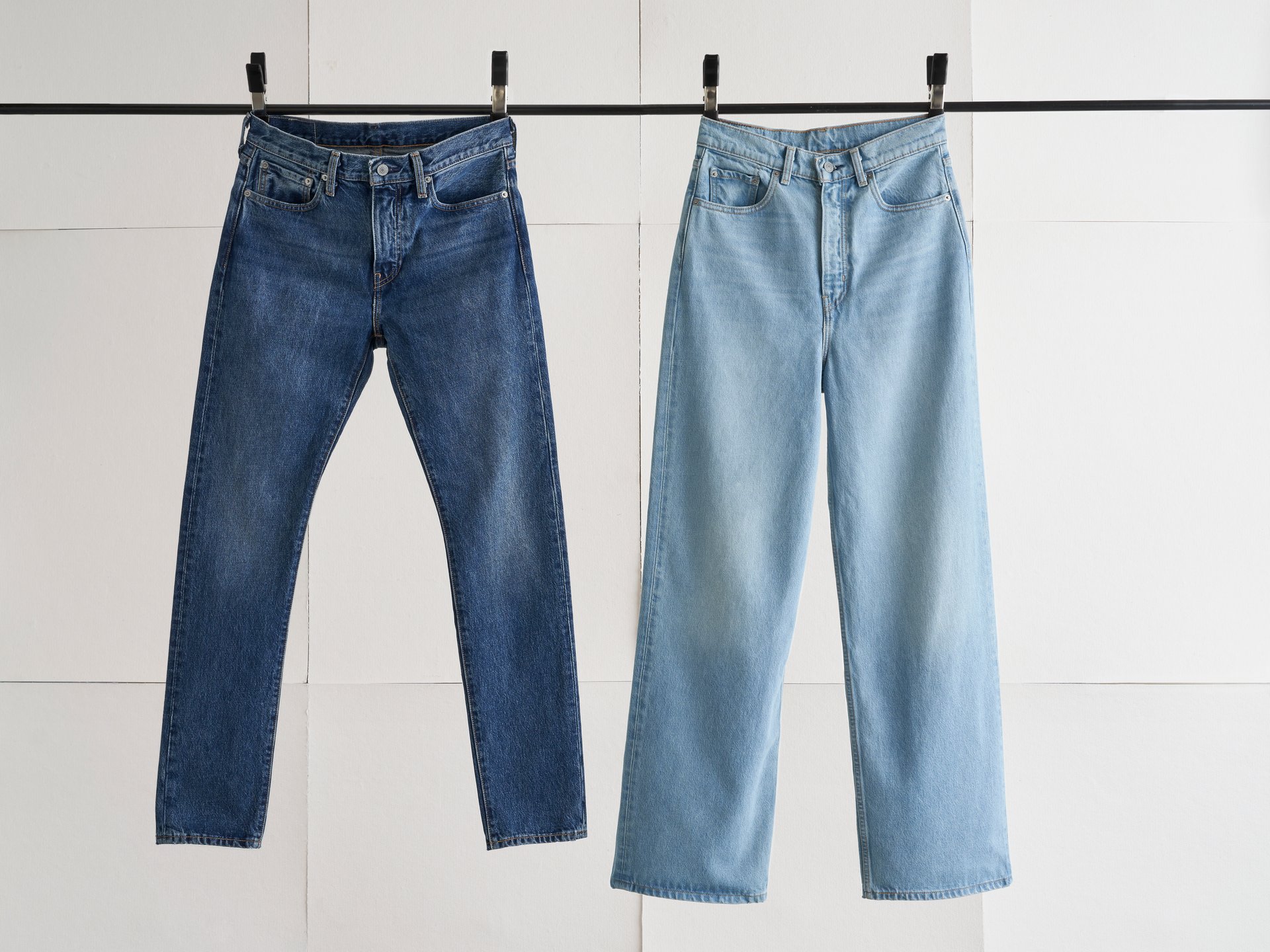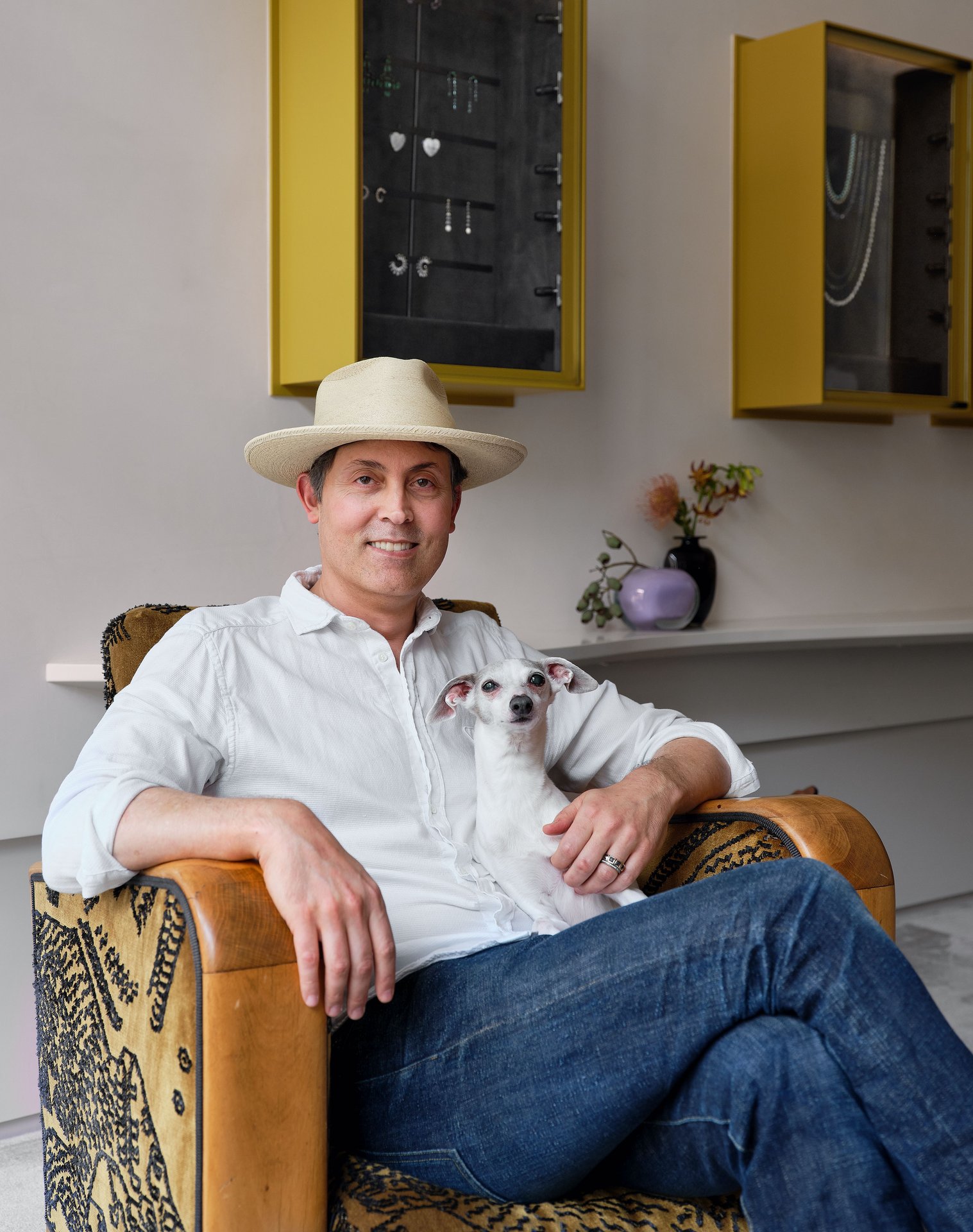Meet Circulose, the New Fiber Challenging Recycled Textiles
September 30, 2021
Roxanne Robinson



The interior of the Renewcell Circulose processing plant.

A dress sold by H&M made from a textile created out of Circulose pulp.

Levi’s jeans made from-denim using Circulose pulp fibers.

